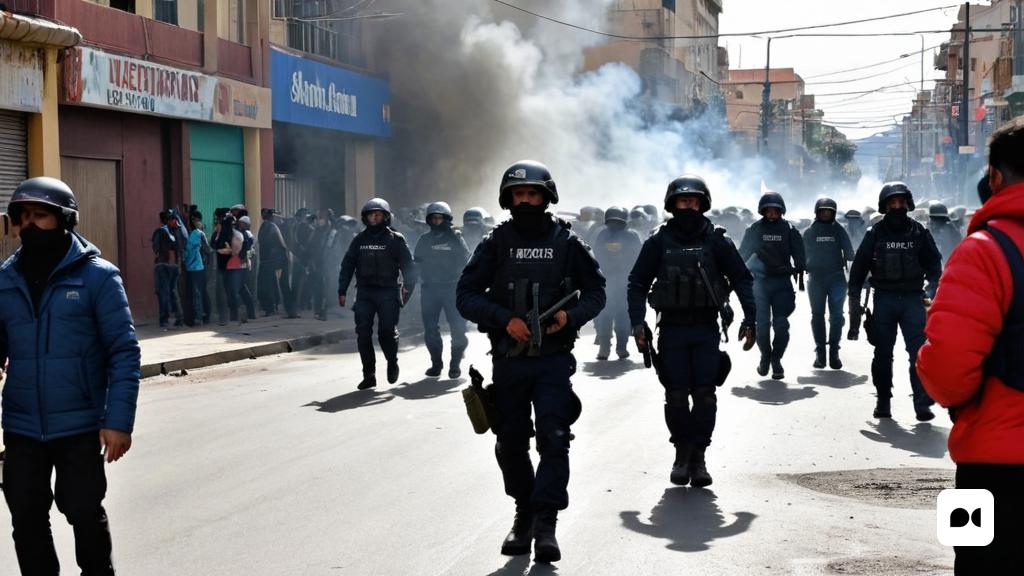The context of violence in Bolivia
In recent hours, Bolivia has witnessed a wave of violence that has awakened the ghosts of the political crisis that shook the country in 2019. Political instability in Bolivia is a chronic problem that has affected the institutional life of the Andean country. On this occasion, the violence has manifested itself in the form of an attempted coup d’état led by a group of rebel soldiers.
As the country tries to return to normality, accusations between political parties, the rebel military and the Bolivian government have fouled the political scene. This leads us to wonder how this situation came to be and why there has been a military uprising. The answer is complex and still open to debate.
The role of President Luis Arce
The current Bolivian president, Luis Arce, has a long political career and has held several positions in the government of his country. However, his relationship with former President Evo Morales, with whom he shares a political party, has not always been good. Arce and Morales are said to be in dispute for control of the party, which has led to suspicions that Arce may have encouraged the coup to strengthen his position within the party. According to reports, the commander general of the Bolivian Army, Juan José Zuñiga, would have tried to overthrow the current government to prevent Morales from running in the 2025 elections.
Zuñiga has stated that Arce encouraged him to carry out the coup d’état, which has generated a complicated situation for the current president. Both could have a common goal: keep Morales away from power.
The context of the 2019 coup d’état
The current political scenario in Bolivia has its roots in the 2019 coup attempt, when several military leaders forced the resignation of then-president Evo Morales. At the time, the military alleged that Morales was trying to alter the election results and sent him into exile in Mexico. Jeanine Añez, a right-wing senator and opposition leader, proclaimed herself president of Bolivia. However, her time in power was brief and she was subsequently sentenced to 10 years in prison by the Superior Court of Justice. During the coup, Zuñiga demanded the release of Añez, whom she considers a political prisoner.
From this political instability a new leadership emerged in the Movement towards Socialism, represented by Luis Arce. Zuñiga’s accusations put the current president in a difficult position, since both could have a common goal: to keep Morales away from power.

